Inside the toughest crime gangs to crack
Gang-busting former top cop Ken “Slasher” McKay reveals the ties that bind some of the most hardened crime gangs and why they are so difficult for police to infiltrate. LISTEN TO THE PODCAST
Police Tape podcast
Don't miss out on the headlines from Police Tape podcast. Followed categories will be added to My News.
From Russian military and KGB-stacked drug smuggling crime groups to ancient tribal-linked Lebanese gangs, Ken McKay has fought them all.
For much of his 37-year career the recently retired NSW Police officer has been tasked with exposing and dismantling the enterprises of some of the country’s most notorious criminals.
He’s been shot at and threatened, but the top cop has never backed away from a battle or calling it as he sees it, and now in an exclusive interview with True Crime Australia, he reveals society’s most dangerous or disruptive ethnic-based gangs and why state governments choose to pretend they don’t exist.
LISTEN TO THE NO-HOLDS-BARRED PODCAST
Late last year, the police and government in Victoria claimed they did not have an African youth gang problem. Despite a spate of headline-grabbing crimes, Victoria Police Deputy Commissioner Andrew Crisp was quick to declare that he did “not accept for a minute” he had a gang issue.
McKay shook his head when he recalled that, but it’s something he has heard for years from some law enforcers from across the border.
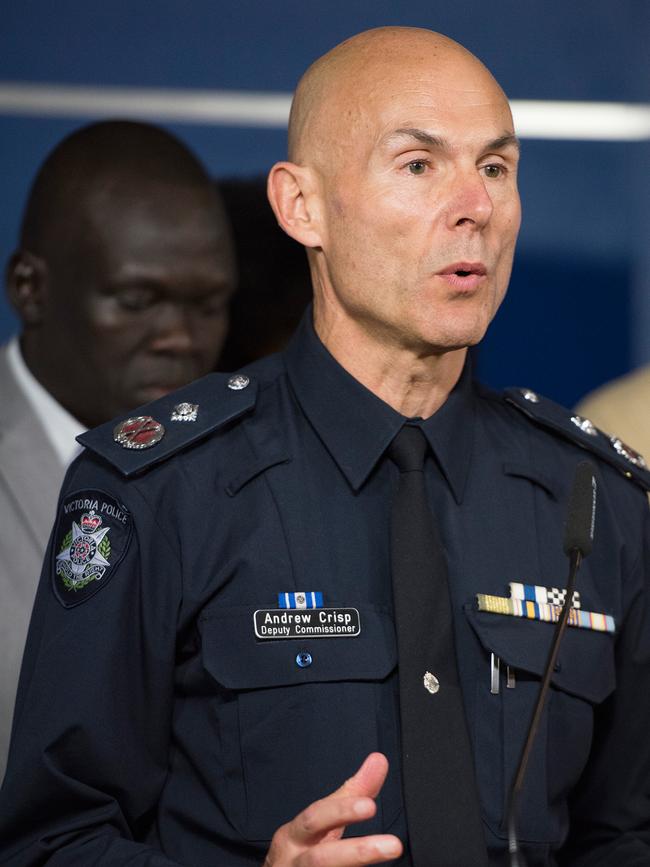
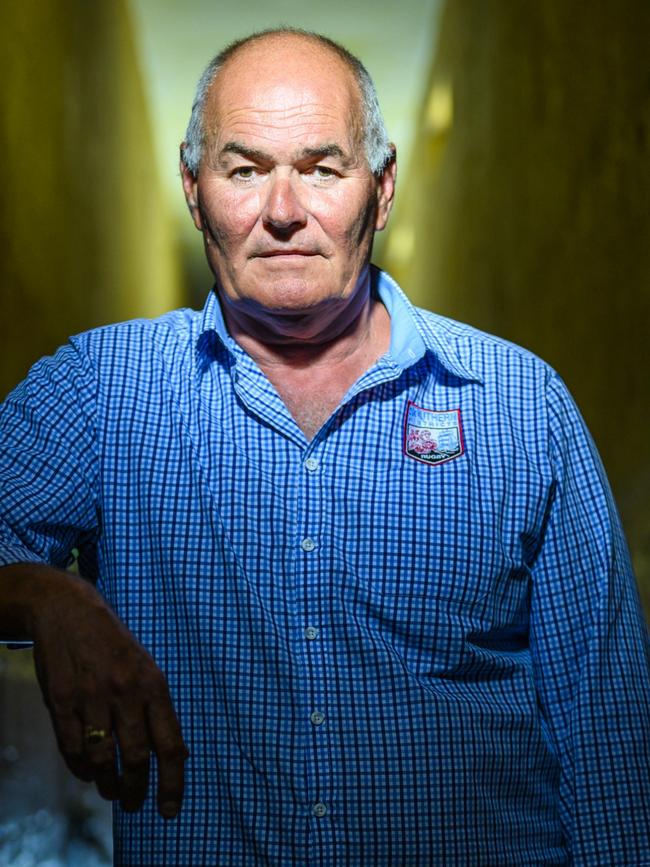
“Crime gangs of today, you know, have pretty much not changed, I think the focus of policing has come off them basically,” McKay said.
“The crime gangs will just go about their business, that’s how they operate. They are of that hope that they’re not really right out there like the bikie is, not flying colours. They’re just doing their business under the radar and if, you know, the policing and the policing hierarchy or government hierarchy deems that they’re not a problem, well, they just keep going and they just grow and continue to grow. Criminals don’t go dormant.
“Most of the effective crime gangs do go low profile and always have because, again, if you stick your head up, you know, that’s where you are going to be caught and police are going to target you.”
He said in NSW alone there were between 30 to 40 identifiable target groups that police would focus on. This has in the past included Middle Eastern crime groups, which McKay famously brought down with his Middle Eastern Organised Crime Squad (MEOCS), set up in the wake of the Cronulla riots.
However, while the riots brought into focus many individuals, they were not the main impetus for the new squad. McKay said the rioters were hotheads, and there were others involved in shootings, murders and large scale drugs distribution that were his priority.
‘Dumb bastards’: Gang-busting cop calls out bikie ‘clowns’
‘Easy mark’: How NSW police would smash Melbourne gang problem
Uncompromising: Why Slasher clashed with cops as well as crims
‘Not racist’: Ex-cop defends ethnic crime squads
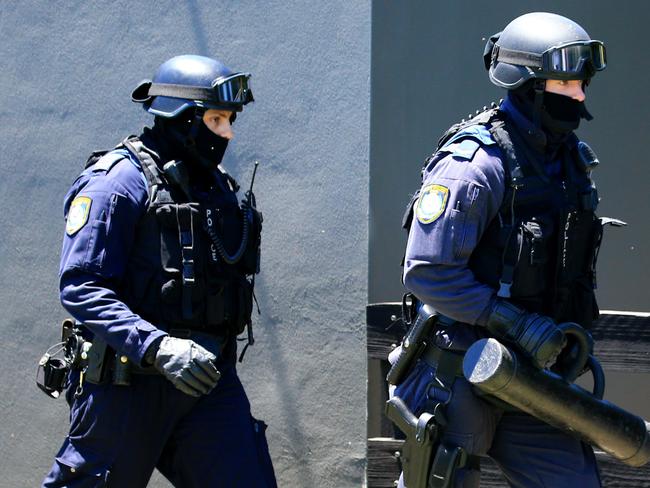
McKay said while Outlaw Motorcycle gangs liked to parade themselves about “like clowns”, with their labels, logos and detailed motorbikes, real gangs flew under the radar.
Bikie gangs, he said, were easier to infiltrate because they had huge memberships of not very smart associates that fed into the hierarchical structure, whereas other ethnic gangs were tighter and tougher for historical and cultural reasons.
For example, when Vietnamese gangs came to Australia more than a generation ago it was from a totalitarian country which had corrupt police and government officials and no trust in the community, he said.
Battle for Cabramatta: How murderous ethnic gangs terrorised Sydney
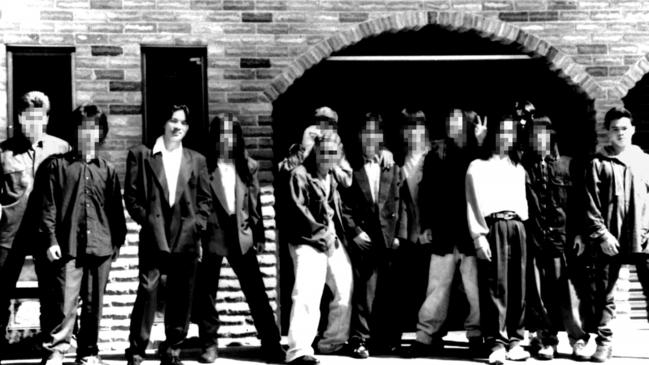
“If you look at the different groups like the Romanians … they’re very hardened people (who) would not tell you the time a day,” McKay added.
“A lot of the Asian groups are like that.
“You’ve got some Russian Jews who are major players in the international drug market, they will not tell you the time of day. They just look at you and stare straight through what you’re doing. They’re hardened because of their background … where they come from, you know, military and KGB and the like, you know a lot of those types of groups.
“The Asians are very, very difficult at first to get into because, back in the day, when we first started working on them, a lot of them were very recent arrivals in Australia.”
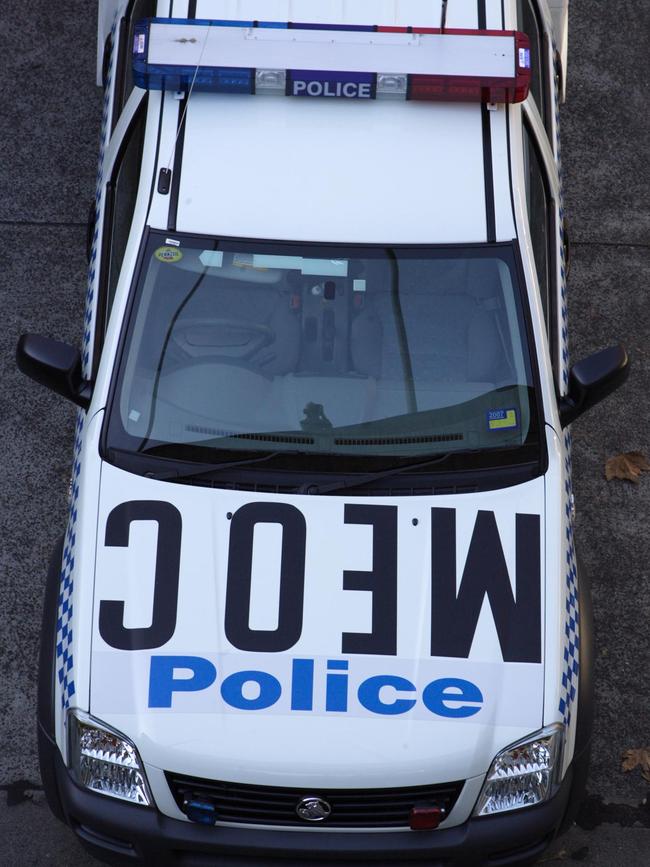
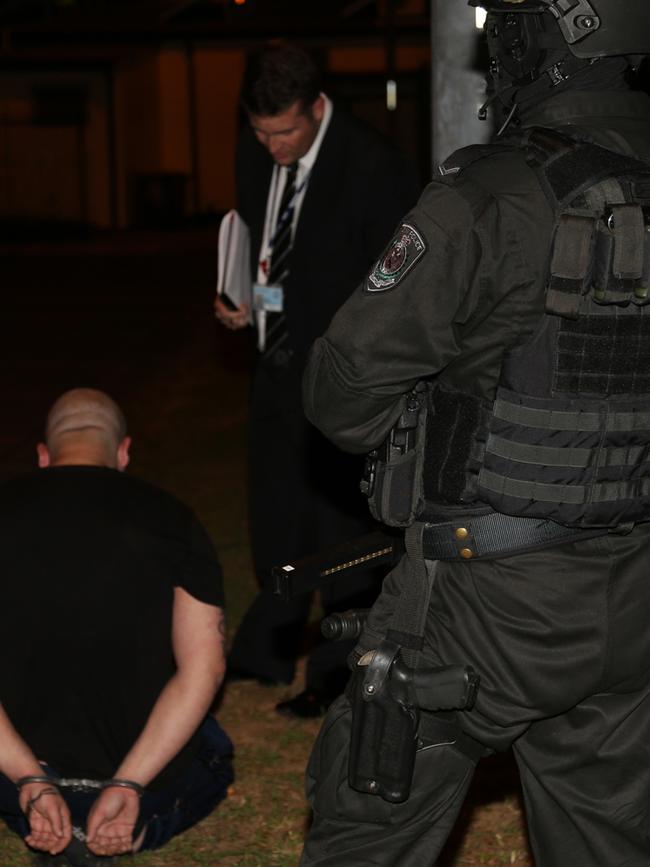
McKay said, as each generation passed, the criminals became softer and more Westernised. They were more likely to give each other up and were more susceptible to being infiltrated by police.
But difficulties remained.
“Different groups will claim a geographical area to operate within and others will ignore them,” he said.
“Ethnic groups tend to find comfort in language, culture, background, family connections like brothers and cousins. (Looking at) the links in an Arabic-style crime gang, you will find there are significant connections, family orientated, going back to the old tribal times, like if they were a Lebanese group they may be from the same village.
“Even if they personally did not know each other back then, there will be that relative base so they are linked in that regard.
“The Asians, very much there is the language barrier, connections to overseas, import routes of drugs and other stuff into Australia, illicit monies — you will find it is all linked to overseas.
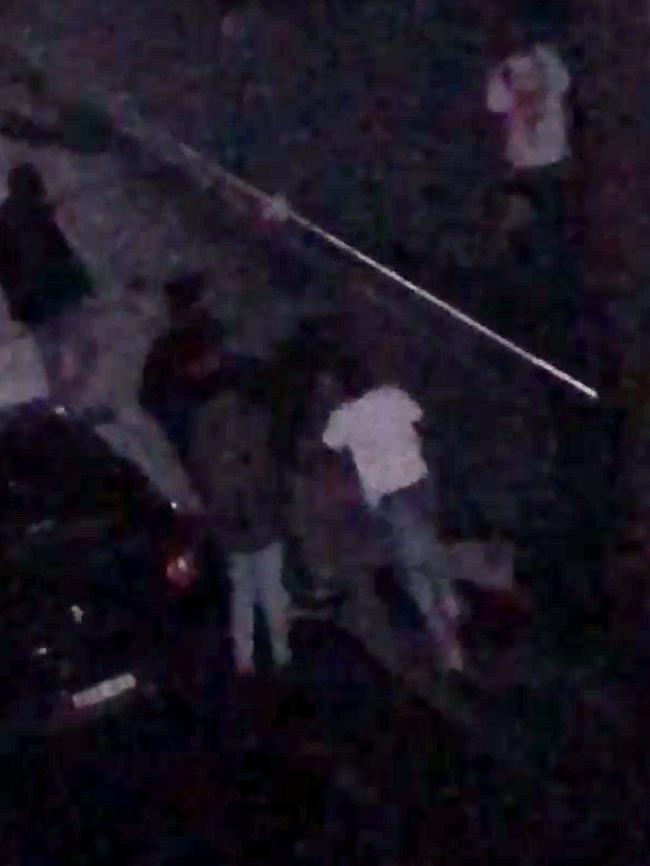
“The Apex gang … what they are experiencing in Melbourne is, again, the social impact of them being here links them together, they have something in common, being again their race or language, familiar ties bring them altogether.
“So their reason for being is why they have all got together, there are these quite obvious linkages and a lot of it is family, traditional hatred, all that commonality they like to express.”
Critical, he said, to busting the gangs was to understand their structures, who their leader was, and to look to exploit weaknesses. One difficulty was when different crime groups came together for a single enterprise, such as a drugs import, then split again and went their separate ways.
“They’re the difficult ones to work on and they could be from anywhere, anyone from anywhere.”
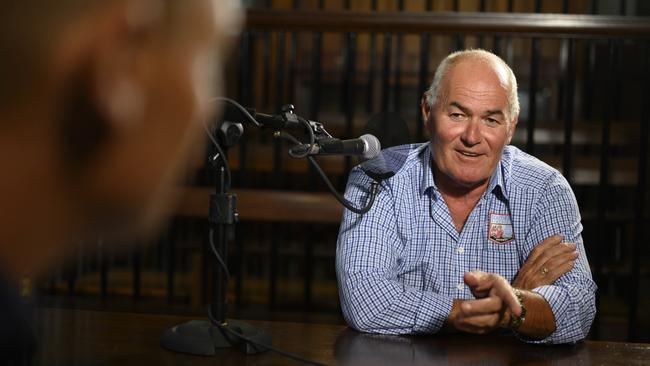
MORE FROM POLICE TAPE:
‘He choked me’: Hutchence lover’s shocking revelation
Mark Smith: The truth behind Scarface’s nickname
Access denied: Brother seals file on Hutchence death secrets
Safety fears: Bitter battle over bereaved Tiger Lily
McKay said, at the end of the day, all crimes revolved around or involved drugs and Australia’s massive narcotics market in some way.
“I don’t know of any job I’ve ever done where there wasn’t drugs somewhere there … It’s a rare case to find solely a specific crime other than drugs as usually drugs are underpinning most things.”
But he said it’s the crime gangs the public don’t know about which are the most fearsome.
MISSED EPISODE ONE?
Mark “Scarface” Smith reveals all on the investigation into Michael Hutchence’s death and his shocking encounter with the rock star’s lover Paula Yates.
Originally published as Inside the toughest crime gangs to crack
